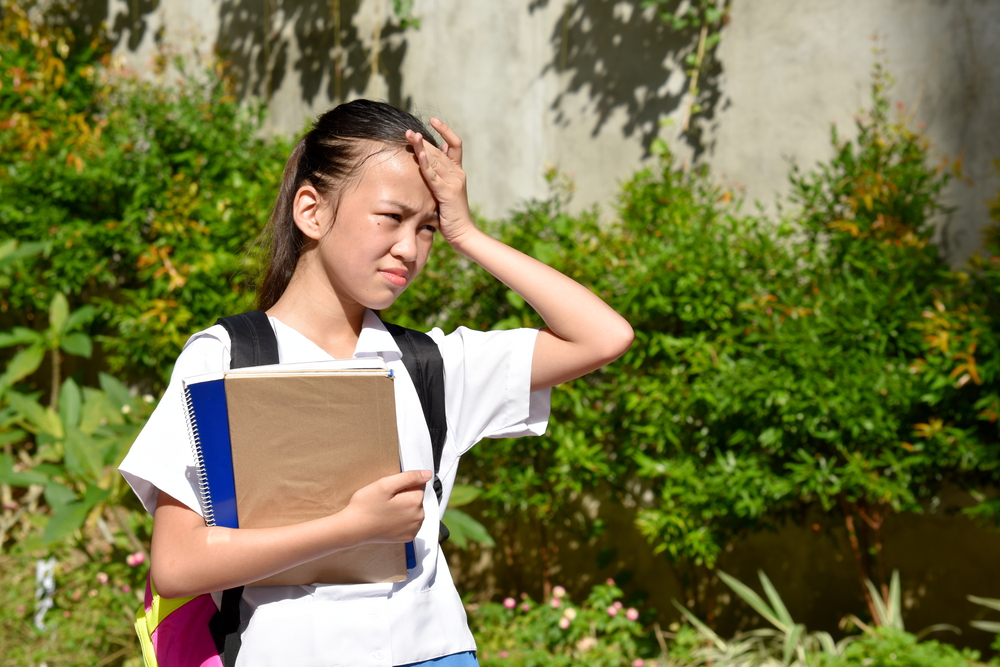Physical Address
304 North Cardinal St.
Dorchester Center, MA 02124
Physical Address
304 North Cardinal St.
Dorchester Center, MA 02124

In the scorching summer heat, we need literacy support without suspending Catch-Up Fridays for students to succeed academically.
The Teachers’ Dignity Coalition (TDC) recently proposed several adaptive solutions to the Department of Education (DepEd) to address the challenges of extreme heat during the summer months. According to TDC national chairperson Benjo Basas, the remaining months of April and May are typically the hottest, necessitating adjustments to ensure the well-being of students and teachers. Goodbye, “Catch-Up Fridays”?
One of the proposed measures is reducing in-class hours and implementing a shift schedule to mitigate the impact of extreme heat on students and teachers. Additionally, Basas emphasized the importance of ensuring that teachers and children wear comfortable clothes to cope with the heat effectively. In cases where the heat poses a significant health risk, Basas suggested the adoption of distance learning modalities as a viable alternative.

Moreover, the TDC called for the suspension of “Catch-Up Fridays” to prioritize the academic needs of learners. Basas emphasized the importance of preserving the limited class days and suggested suspending Catch-Up Fridays to achieve this goal. Furthermore, the group proposed expediting the transition to the old school calendar by ending the 2024-2025 School Year (SY) by mid-April 2025. Basas highlighted that DepEd’s current plan may take two or three years to stop classes during the peak heat months, underscoring the need for a faster transition.
In response to these proposals, DepEd issued DepEd Order No. 3, s. 2024, adjusting the end of the current school year from June 15 to May 31. This adjustment promotes learner well-being, inclusive education, and a positive learning environment. Additionally, DepEd announced the opening of SY 2024-2025 for basic education on July 29.
While the proposed solutions by the TDC address the challenges posed by extreme heat, there are concerns about the potential impact on literacy programs, particularly with the suspension of Catch-Up Fridays. Catch-Up Fridays are crucial in addressing learning gaps and supporting students struggling academically. If we suspend Catch-Up Fridays, we must implement alternative measures to promote literacy and ensure students receive the necessary support to succeed academically.
One possible alternative is implementing after-school literacy programs or weekend reading sessions to provide additional support to students outside of regular class hours. These programs can focus on developing reading comprehension skills, promoting a love for reading, and fostering a supportive learning environment. Additionally, leveraging technology to provide access to online resources and digital learning platforms can help supplement classroom instruction and facilitate independent learning.
In addition to after-school literacy programs and weekend reading sessions, other options to promote literacy in the absence of Catch-Up Fridays include online catch-up sessions and access to library books borrowed through the school or the community.
Furthermore, access to library books borrowed through the school or the community can play a vital role in promoting student literacy. School libraries can curate a diverse collection of books spanning various genres, topics, and reading levels to cater to the interests and preferences of students. By providing students with access to a wide range of reading materials, including middle-grade and young-adult fiction, school libraries can foster a love for reading and encourage independent exploration. Additionally, partnerships with local libraries and community organizations can further expand students’ access to books beyond the school setting, ensuring all students can discover the joy of reading.
Online catch-up sessions can allow students to review and reinforce concepts covered during regular class hours. Teachers can facilitate these sessions through virtual platforms, allowing students to engage in interactive activities, discussions, and practice exercises tailored to their individual learning needs. By leveraging technology, online catch-up sessions can offer flexibility and accessibility, enabling students to participate from the comfort of their homes while addressing learning gaps effectively.
By incorporating online catch-up sessions and access to library books into literacy initiatives, schools can create a comprehensive approach to supporting students’ academic growth and development. These initiatives complement classroom instruction, empower students to take ownership of their learning, and cultivate essential literacy skills that will serve them well in school and beyond. Through collaborative efforts between educators, parents, and the community, we can create an inclusive and supportive environment where every student has the opportunity to thrive and succeed in their literacy journey.
Promoting parental involvement in literacy initiatives is essential to complementing classroom instruction and reinforcing learning at home. Parents can play a significant role in encouraging reading habits, providing access to reading materials, and engaging in literacy-related activities with their children. By fostering a collaborative approach between teachers, parents, and students, we can create a supportive ecosystem that promotes literacy and empowers students to thrive academically despite the challenges posed by extreme heat.